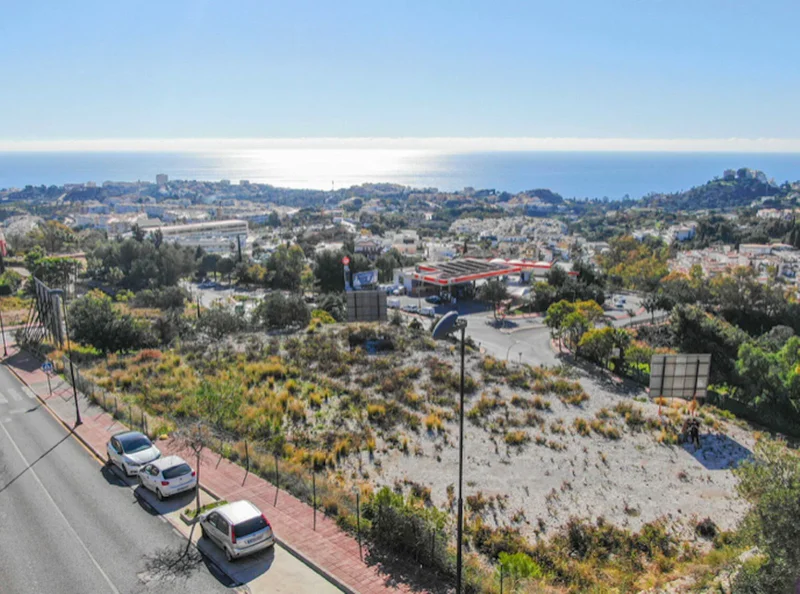Capital gains on property in Spain: calculation, exemptions and advice 2025


Capital gains on property in Spain: calculation, exemptions and advice 2025
Introduction
When you sell a property in Spain, the difference between the purchase price and the sale price may generate a capital gain. This capital gain is taxable and must be declared to the Spanish tax authorities. Understanding the calculation method, tax rates and exemptions will help you optimise the taxation of your transaction.
1. What is a property capital gain?
Capital gains on property are the gains realised on the sale of a home or plot of land. It is calculated by subtracting the adjusted purchase price (initial purchase price plus justified costs and works) from the net sale price (after deduction of notary and agency fees).
2. How is it calculated?
The formula is as follows:
Capital gain = Sale price - (Purchase price + costs + works)
The costs that can be deducted include:
- Transfer taxes and notary fees paid on purchase.
- Estate agency fees.
- Renovation or extension works (with official invoices).
In this way, the net capital gain corresponds to the real profit made by the seller.
3. Tax rates in 2025
In Spain, capital gains on property are subject to personal income tax (IRPF) for residents, or non-resident tax (IRNR) for foreigners. The 2025 scale is progressive:
- Up to €6,000: 19%
- From €6,000 to €50,000: 21%
- From €50,000 to €200,000: 23%
- Over €200,000: 26%
For non-EU residents, the rate applied is 24% with no deductions possible.

4. A practical example
A flat purchased for €200,000 in 2015 and resold for €300,000 in 2025:
- Purchase price adjusted for costs and works: €220,000
- Net sale price: €300,000
- Net capital gain: €80,000
- Tax payable (EU resident): 21% on the portion between €6,000 and €50,000, then 23% above that.
The seller will pay around €17,480 in tax.
5. Possible exemptions
Certain situations make it possible to avoid or reduce capital gains tax:
- Sale of principal residence and reinvestment in another principal residence in Spain or the EU.
- Sale by a resident aged over 65, exempt if it is his or her principal residence.
- Offset against asset losses recorded in the same year.
- Double taxation agreement between Spain and other countries, making it possible to avoid being taxed twice.
6. Municipal capital gains tax (plusvalía municipal)
In addition to capital gains tax, sellers must also pay a municipal tax known as "plusvalía municipal". This is calculated on the basis of the increase in the cadastral value of the land since the last transfer. Each local council sets its own rate, which can amount to several thousand euros depending on the location and the length of time the property has been held.
7. Practical tips for reducing tax
To limit the tax impact of the sale:
- Keep all the invoices for any work carried out on the property.
- Call on the services of a lawyer or tax expert to optimise the tax return.
- Check whether you qualify for any exemptions depending on your profile.
- Negotiate with the buyer who will pay the municipal plusvalía (in some cases, this can be shared).
Conclusion
Capital gains tax on property in Spain is a tax that cannot be ignored when selling a property. Understanding how it is calculated and the exemptions available will help you to anticipate and reduce your tax bill. With the right preparation, the sale of your property can remain a profitable and secure operation.





